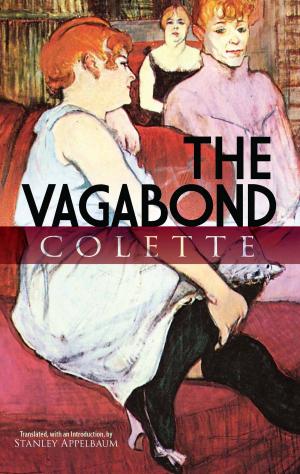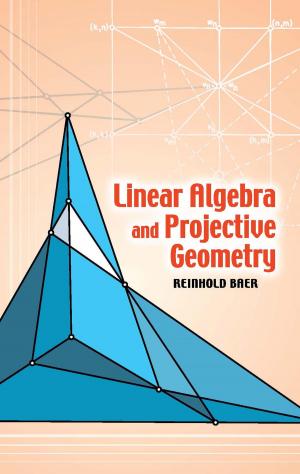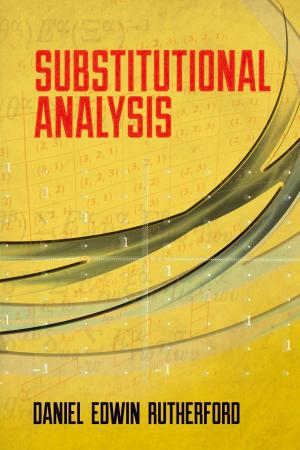The Education of Man
Nonfiction, Reference & Language, Education & Teaching, Preschool & Kindergarten| Author: | Friedrich Froebel | ISBN: | 9780486145303 |
| Publisher: | Dover Publications | Publication: | October 31, 2012 |
| Imprint: | Dover Publications | Language: | English |
| Author: | Friedrich Froebel |
| ISBN: | 9780486145303 |
| Publisher: | Dover Publications |
| Publication: | October 31, 2012 |
| Imprint: | Dover Publications |
| Language: | English |
In this classic of childhood education, Friedrich Froebel identifies the fundamental principles upon which he based his now-ubiquitous kindergarten system. Froebel demonstrates how to channel child's play and integrate it into the development of intelligence and social skills, explaining the vital inner connection between the pupil's mind and the subject of study.
Impressed by the theories of Johann Heinrich Pestalozzi, Froebel developed an approach to early childhood education that exercised enormous influence over modern techniques, particularly those of John Dewey. Froebel espoused "self-activity" and play as essential factors in preschool education, maintaining that the teacher's role is not to drill or indoctrinate but to encourage self-expression through play. His method banishes mechanical and rote activities in favor of creative play, which fosters the growth of artistic capacity.
Originally published in Germany in 1826 as Die Menschenerziehung, this volume constitutes one of the most important books on education ever written.
Impressed by the theories of Johann Heinrich Pestalozzi, Froebel developed an approach to early childhood education that exercised enormous influence over modern techniques, particularly those of John Dewey. Froebel espoused "self-activity" and play as essential factors in preschool education, maintaining that the teacher's role is not to drill or indoctrinate but to encourage self-expression through play. His method banishes mechanical and rote activities in favor of creative play, which fosters the growth of artistic capacity.
Originally published in Germany in 1826 as Die Menschenerziehung, this volume constitutes one of the most important books on education ever written.
In this classic of childhood education, Friedrich Froebel identifies the fundamental principles upon which he based his now-ubiquitous kindergarten system. Froebel demonstrates how to channel child's play and integrate it into the development of intelligence and social skills, explaining the vital inner connection between the pupil's mind and the subject of study.
Impressed by the theories of Johann Heinrich Pestalozzi, Froebel developed an approach to early childhood education that exercised enormous influence over modern techniques, particularly those of John Dewey. Froebel espoused "self-activity" and play as essential factors in preschool education, maintaining that the teacher's role is not to drill or indoctrinate but to encourage self-expression through play. His method banishes mechanical and rote activities in favor of creative play, which fosters the growth of artistic capacity.
Originally published in Germany in 1826 as Die Menschenerziehung, this volume constitutes one of the most important books on education ever written.
Impressed by the theories of Johann Heinrich Pestalozzi, Froebel developed an approach to early childhood education that exercised enormous influence over modern techniques, particularly those of John Dewey. Froebel espoused "self-activity" and play as essential factors in preschool education, maintaining that the teacher's role is not to drill or indoctrinate but to encourage self-expression through play. His method banishes mechanical and rote activities in favor of creative play, which fosters the growth of artistic capacity.
Originally published in Germany in 1826 as Die Menschenerziehung, this volume constitutes one of the most important books on education ever written.















